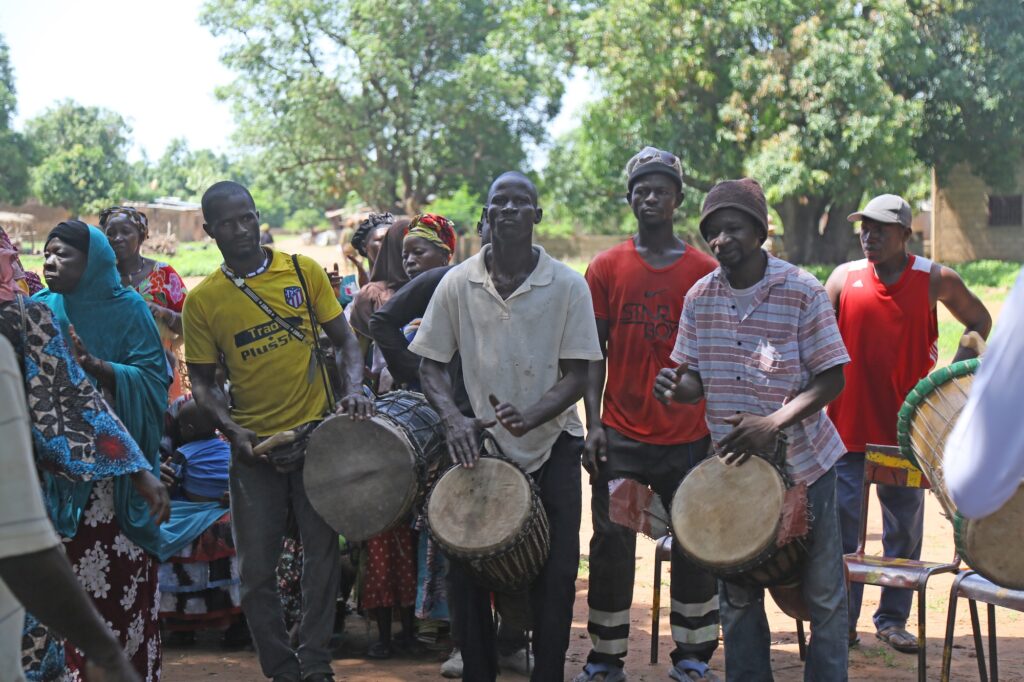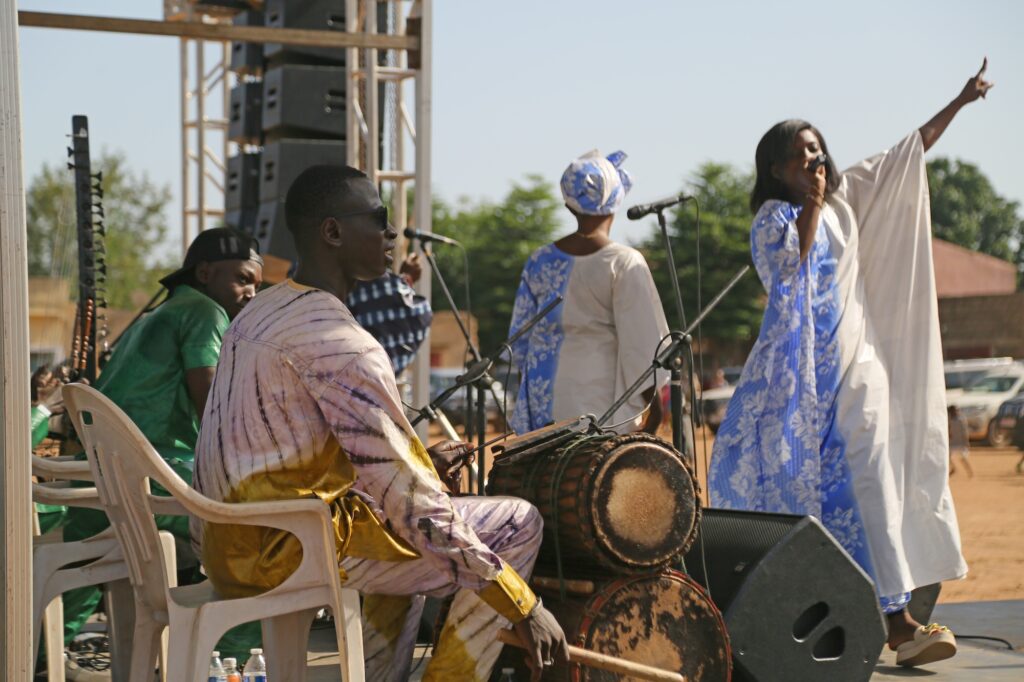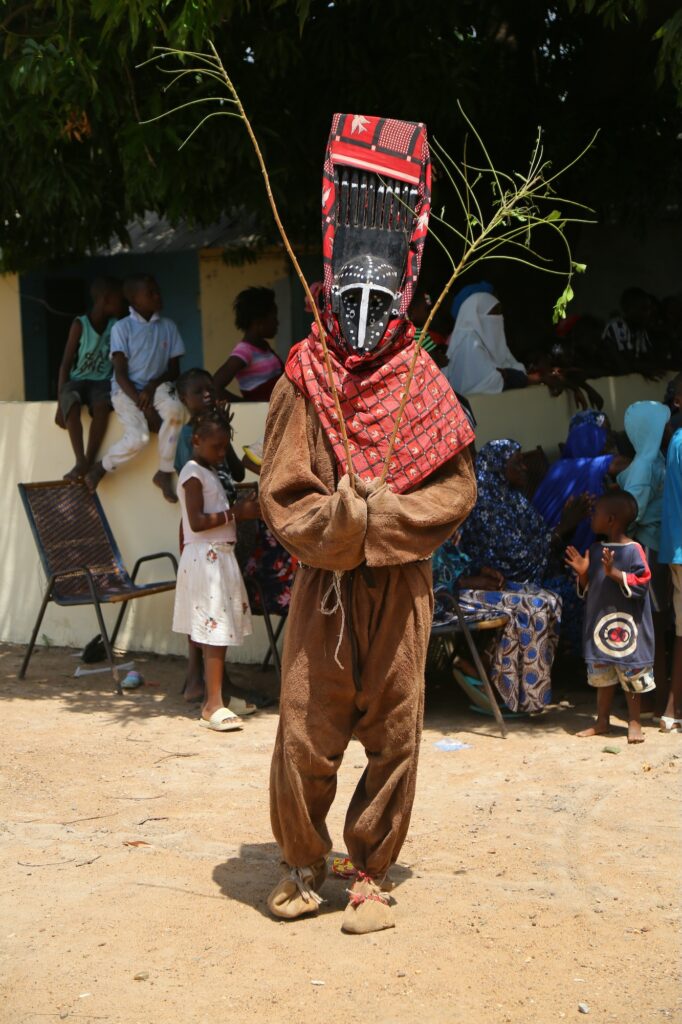
On Wednesday, 18 June 2025, Mali took a momentous step forward in its mission to combat infant and neonatal mortality.
The REACH Mali national programme to distribute azithromycin for child survival was officially launched by the Ministry of Health and Social Development, Colonel Dr Assa Badiallo Touré, in the village of Samaya, in the Mandé commune, some 14 km south-west of the capital city, Bamako.
REACH Mali is a suite of child survival interventions. Centred around the biannual administration of azithromycin to children aged 1 to 59 months, it seeks to integrate with other vital child survival strategies, including deworming, vitamin A supplementation, and nutrition, to provide a package of treatments and healthcare for child health.
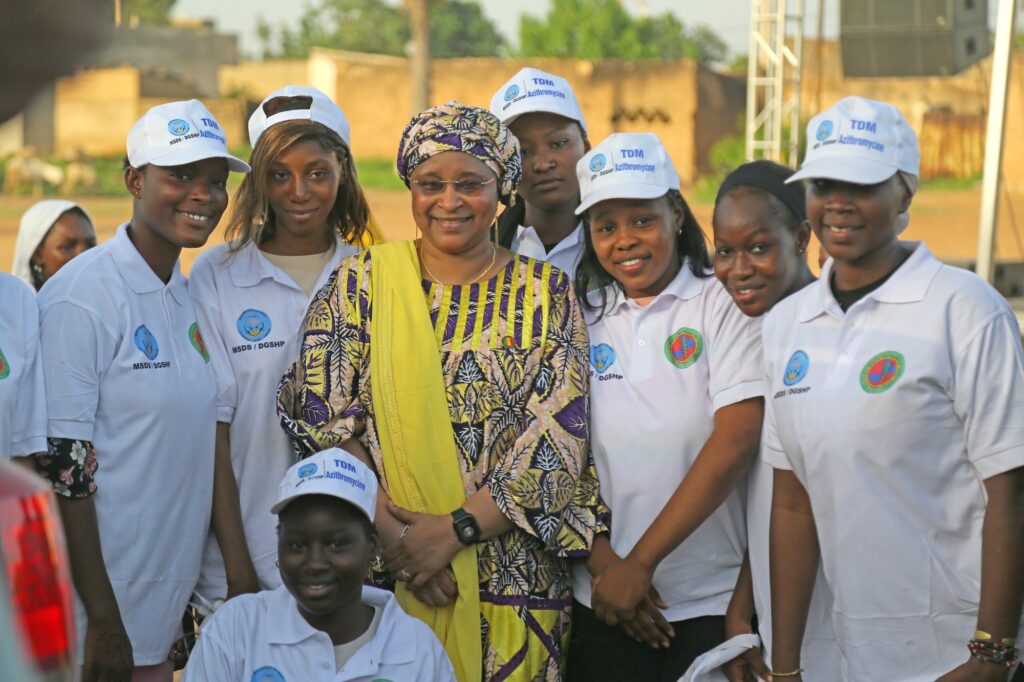
Significant reductions in child mortality
The integration of these strategies will be a key focus of the REACH programme as it progressively scales up across Mali. It aims to reduce child mortality rates in the country by some 15% over the next three years.
The REACH Network of child health interventions across West Africa has been designed such that some 150,000 young lives will be saved by 2028.
The REACH Mali intervention, like its sister interventions in Niger and Nigeria, has a laser focus on equity and on getting to vulnerable communities, particularly those with historically-limited access to essential healthcare services.
A milestone for leadership and partnership
The launch event in Samaya was presided over by the Minister of Health and Social Development alongside Professor Samba Sow, Director-General of the Centre for Vaccine Development (CVD-Mali) and Co-chair of the REACH Network.
Their presence was clear proof that child survival is a national priority in Mali.
Insisting on the fact that the launch was the start of a programme that will eventually cover the whole of Mali, Minister Touré said:
“We have waited months – years – for this day. Millions of children still die from causes that we know how to prevent. And these are not abstract numbers – they represent real lives and families we encounter every day.”

Colonel Dr Assa Badiallo Touré
Minister of Health and Social Development, Republic of Mali
Science and evidence for real-world progress
The REACH project is rooted in the most rigorous science and in evidence generated by the REACH portfolio of studies.
Azithromycin’s effectiveness in reducing child mortality was first documented in the MORDOR trial (“Oral Macrolides for Mortality Reduction with an Eye on Resistance”), conducted in Malawi, Niger, and Tanzania, where an overall mortality reduction of 14% was observed in children receiving azithromycin biannually. In Niger, where baseline mortality rates were highest, the rate of mortality reduction climbed to 18%.
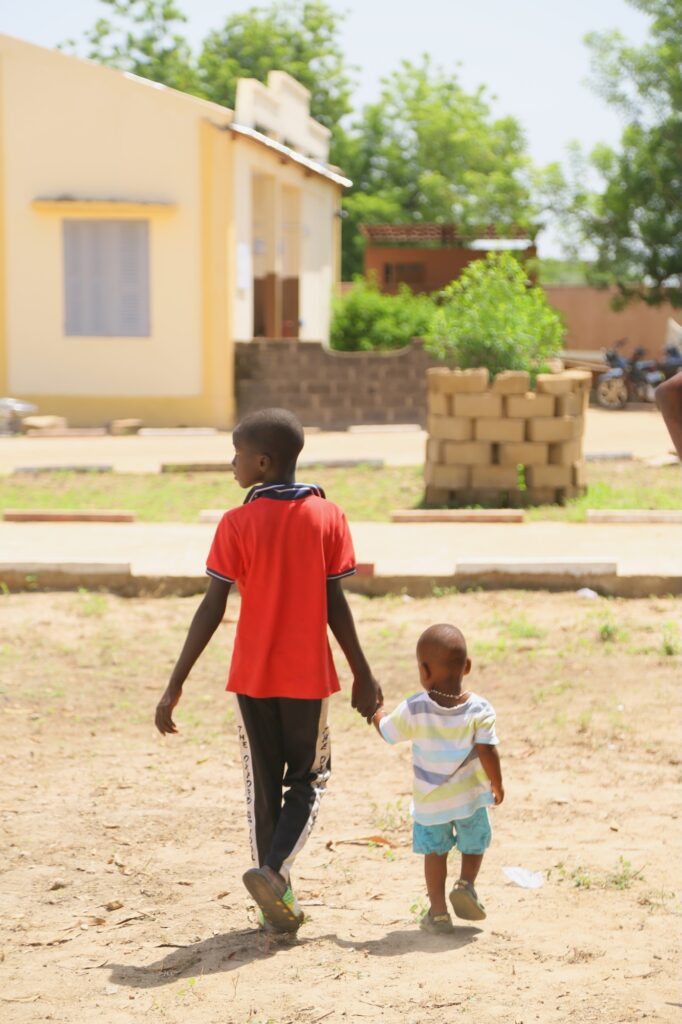


REACH Mali is predicated on this evidence and that accumulated by rigorous clinical trials conducted in the country, including the LAKANA study in western Mali and the SANTÉ study in the southeast, both of which have contributed to a deeper understanding of the ways in which azithromycin can have positive impacts on child and maternal health outcomes.
Solidarity and support
In the course of the launch, Minister Touré extended thanks on behalf of the government of Mali to the Gates Foundation.
“Improving the survival of women and children in Mali requires real partnership, and we are grateful for the Foundation’s solidarity and for their focus on real impact,” she said.
Professor Samba Sow, a former Minister of Health of Mali and current Director of CVD-Mali, is leading the scale-up of REACH Mali. His organisation will work closely with the Ministry of Health and Social development on the multi-year programme.
A longstanding campaigner and advocate for child health in Mali and across the West African region, Professor Sow said at the launch:
“This is a proud moment. We have dreamed of an intervention that could reach children in all parts of Mali, even – and particularly – in the east and north, where instability has left health systems fragile. With REACH Mali, that vision is now becoming a reality.”

Professor Samba O Sow
Director-General, CVD-Mali, and REACH Network Co-chair

The right course at the right time
Dr Matthew Steele, a Senior Program Officer with the Gates Foundation’s Global Delivery Program, said,
“Malaria, vaccination and malnutrition are major challenges for hard-to-reach communities. We as a Foundation are proud to support the Malian health authorities in their attempts to overcome these obstacles. We believe that azithromycin, integrated with other key health interventions, can have a profound and lasting impact on the health of communities the length and breadth of Mali.”
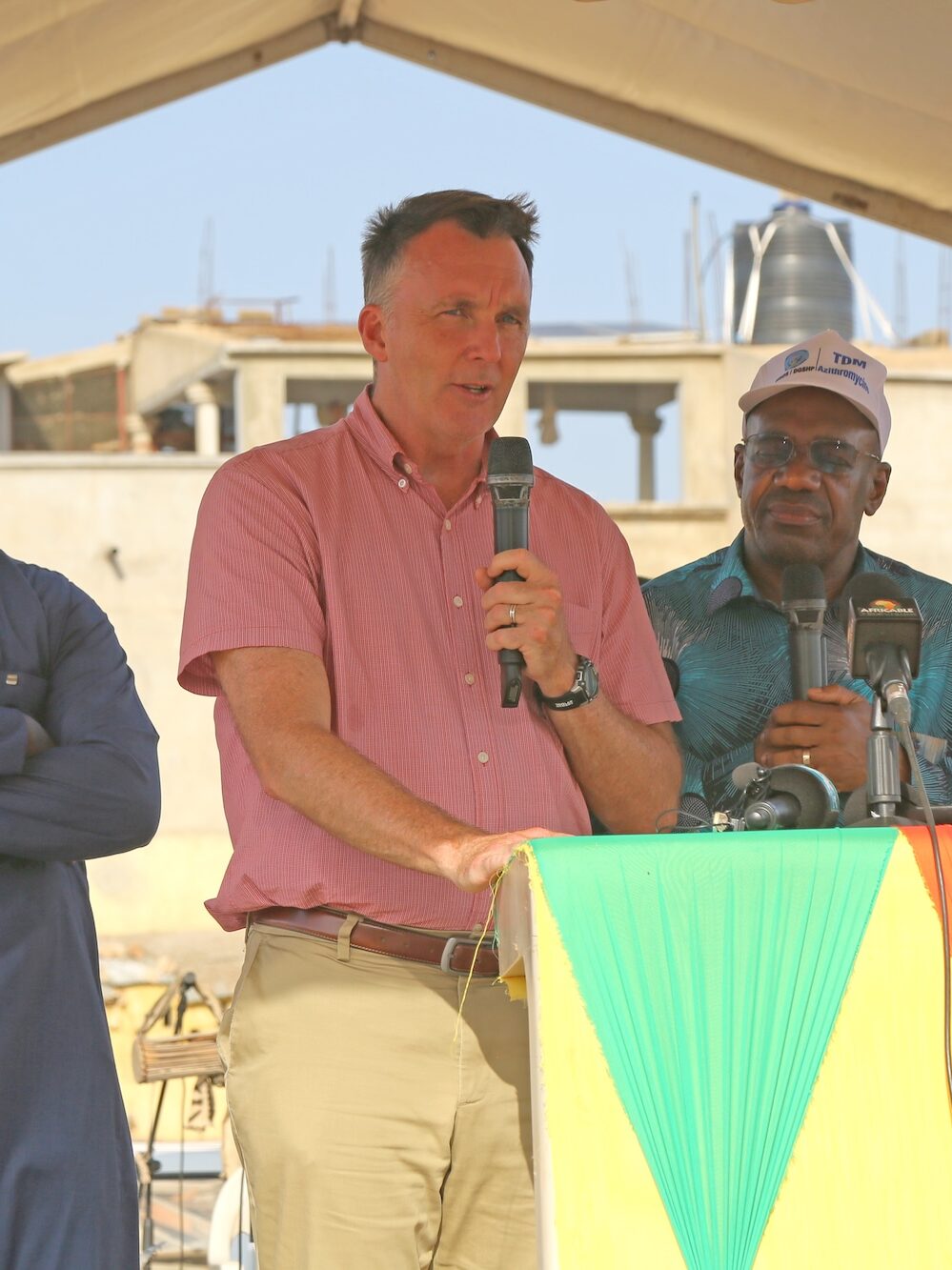

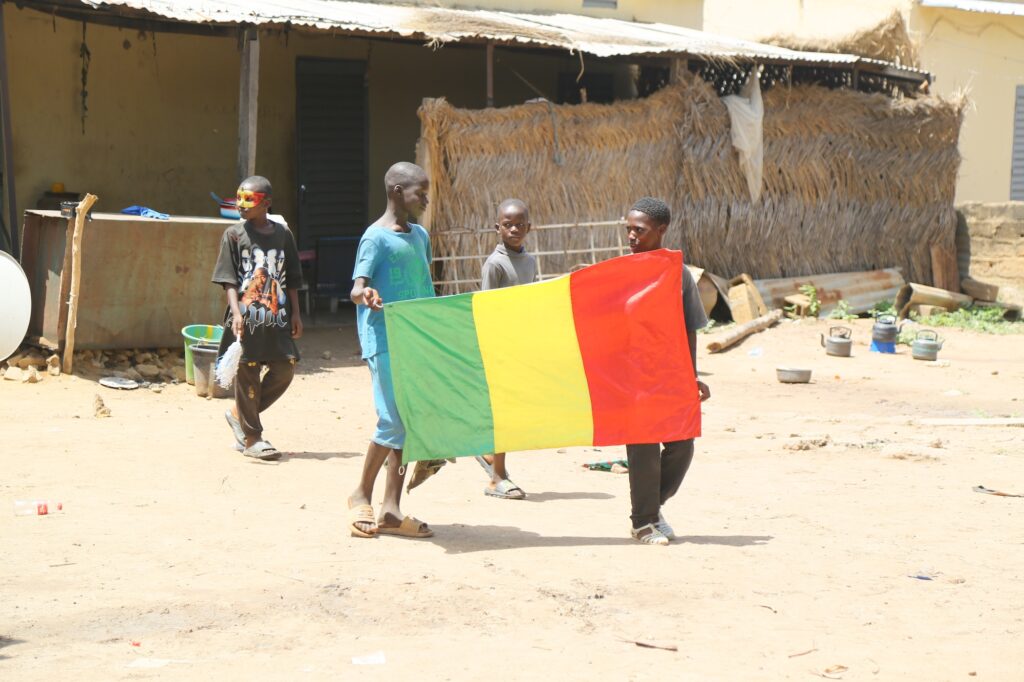
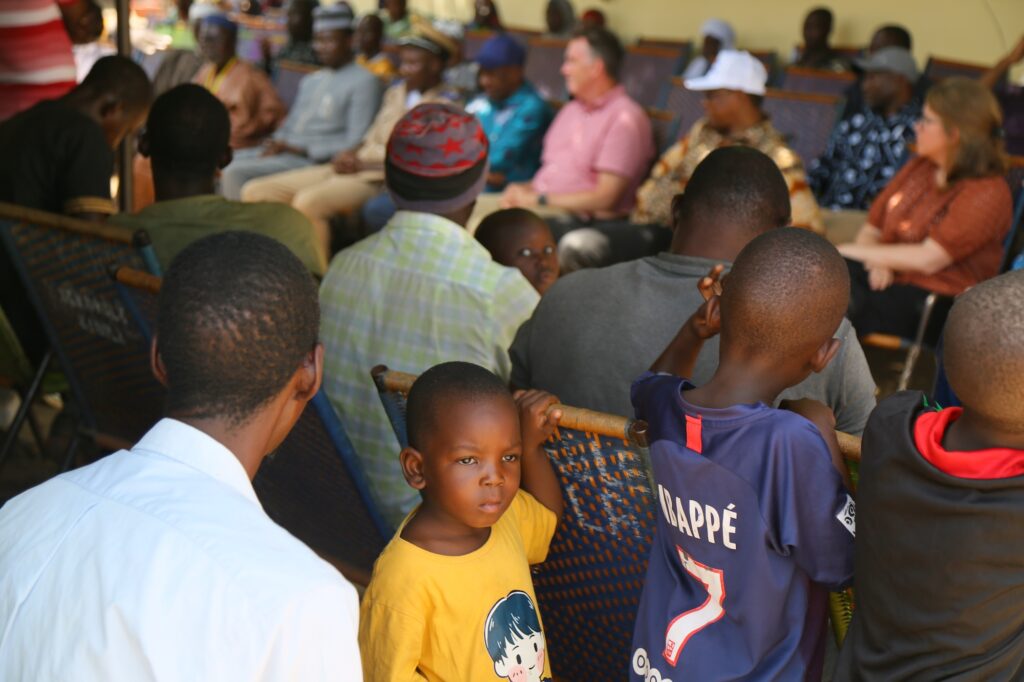
Those words echoes the words of Bill Gates himself who, speaking recently at a major event to mark the 25th anniversary of his Gates Foundation, at which he also saluted the REACH Network’s co-chairs, said:
“If you fix a kid’s nutrition when they’re five or six, it’s too late. You really need to get there at the early stages. We have a lot of tools that are very cheap, that are already available, and we’re doing more to understand malnourishment because, in a way, you could put that even above malaria or any other disease as the worst thing that healthcare has to solve.”
The REACH package of child health interventions targets youngsters in precisely that young age range, from one month to five years old.
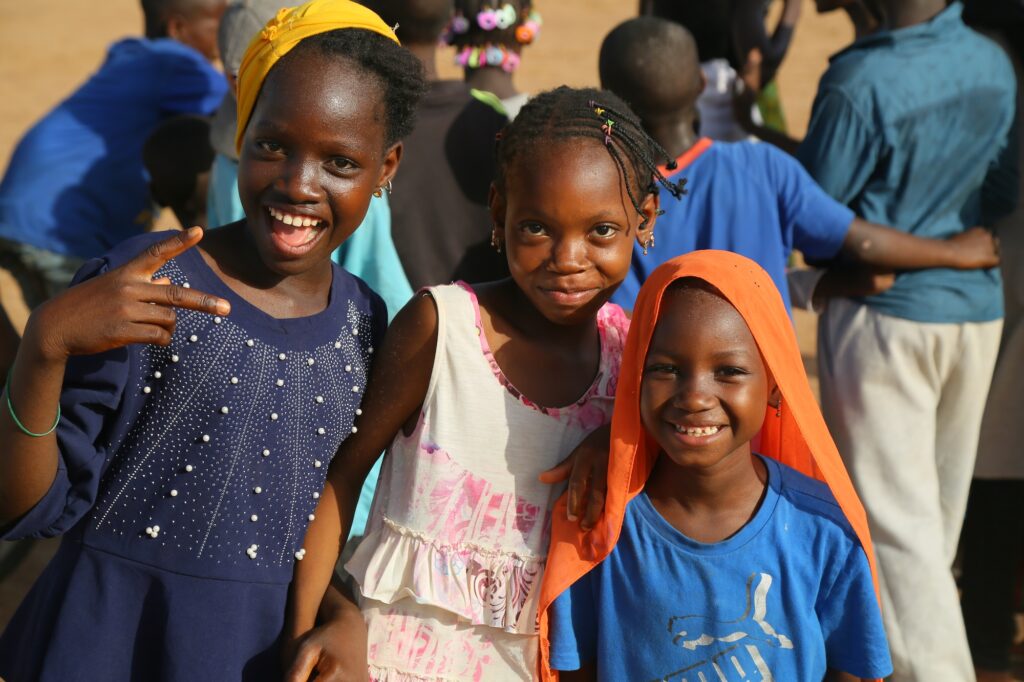
Celebration, optimism – and commitment
Three further villages in the rural commune of Mandé – Kamalé, Nafadji and Djoliba – were also able to welcome the distinguished REACH Mali launch party.
Participants, guests and spectators were treated to a consummate display of traditional drumming and dancing, as an entire community of political representatives, healthcare professionals, funders and inhabitants came together to celebrate a turning point for child health in Mali.
